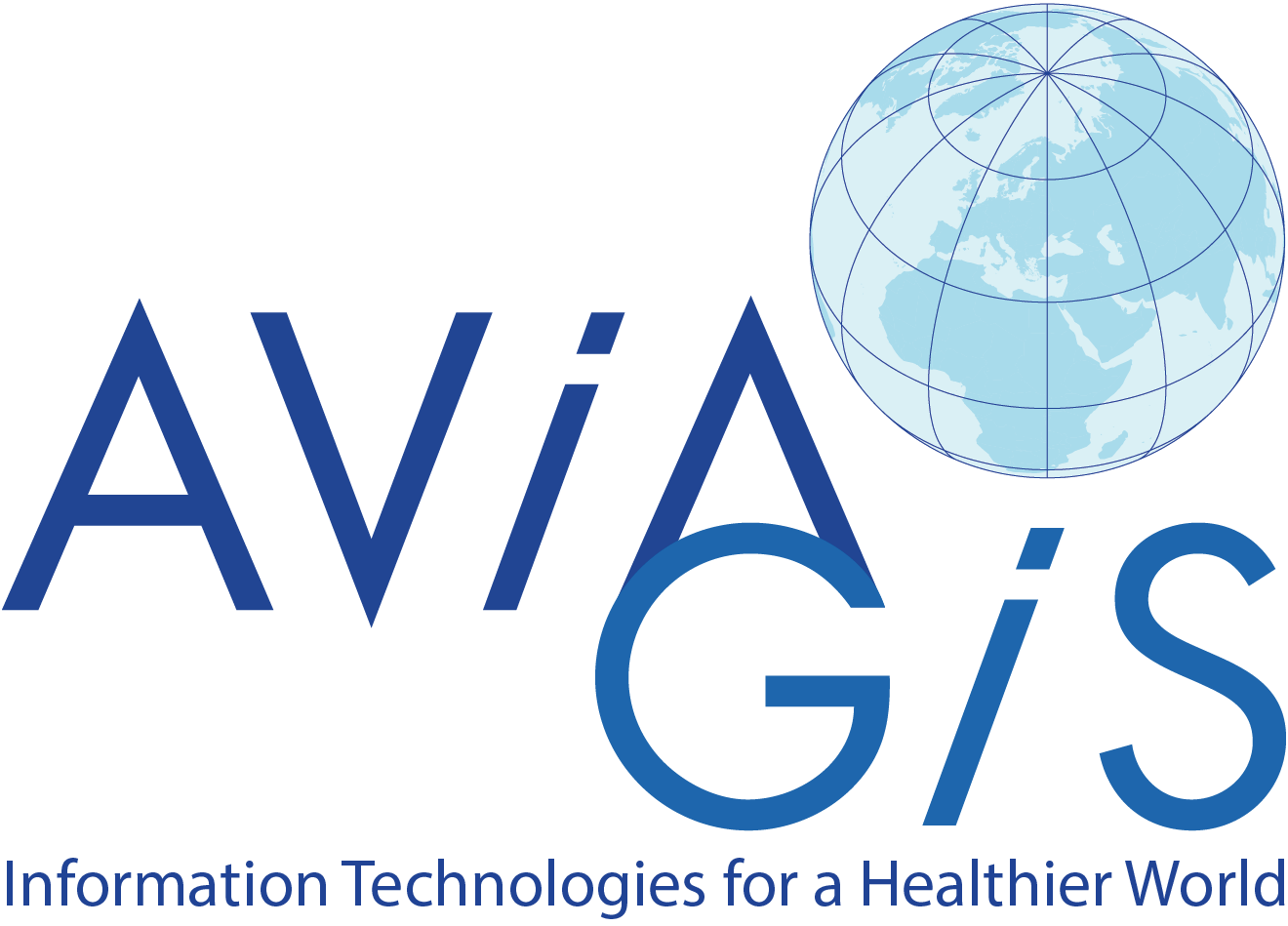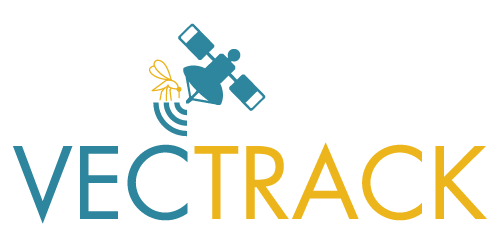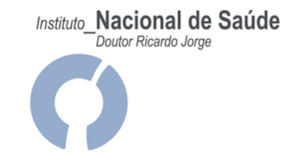The Problem
The vectors through which animal, plant and human diseases spread around the world are becoming more mobile. The causes of this change are complex, multifaceted, and will not be easily reversed.
The growth of world trade and international travel has opened up routes for disease vectors, such as the tiger mosquito, to reach new territories worldwide.
Global warming is increasing the risk of the introduction of new pathogens in local or newly established vector populations.


The Solution
This new threat to humans, animals and crops calls for management which is based on accurate risk assessment. However, mapping the presence of a novel disease vector in the wild is a complex, multi-staged task.
If it is not done right, the mapping will fail to produce insights for management and policy. For example, a wealth of accurate information is needed to drive an effective surveillance or elimination programme.
VECTRACK
VECTRACK solves this problem by supporting every stage of the vector mapping process from planning the placement of sensors, to implementing it, analysing the species detected, mapping them in the context of the local environment, and generating analyses that can be used to visualise and manage the spread of novel disease vectors.

Partners

This project has received funding from the European Union’s Horizon 2020 research and innovation programme under grant agreement No 853758












